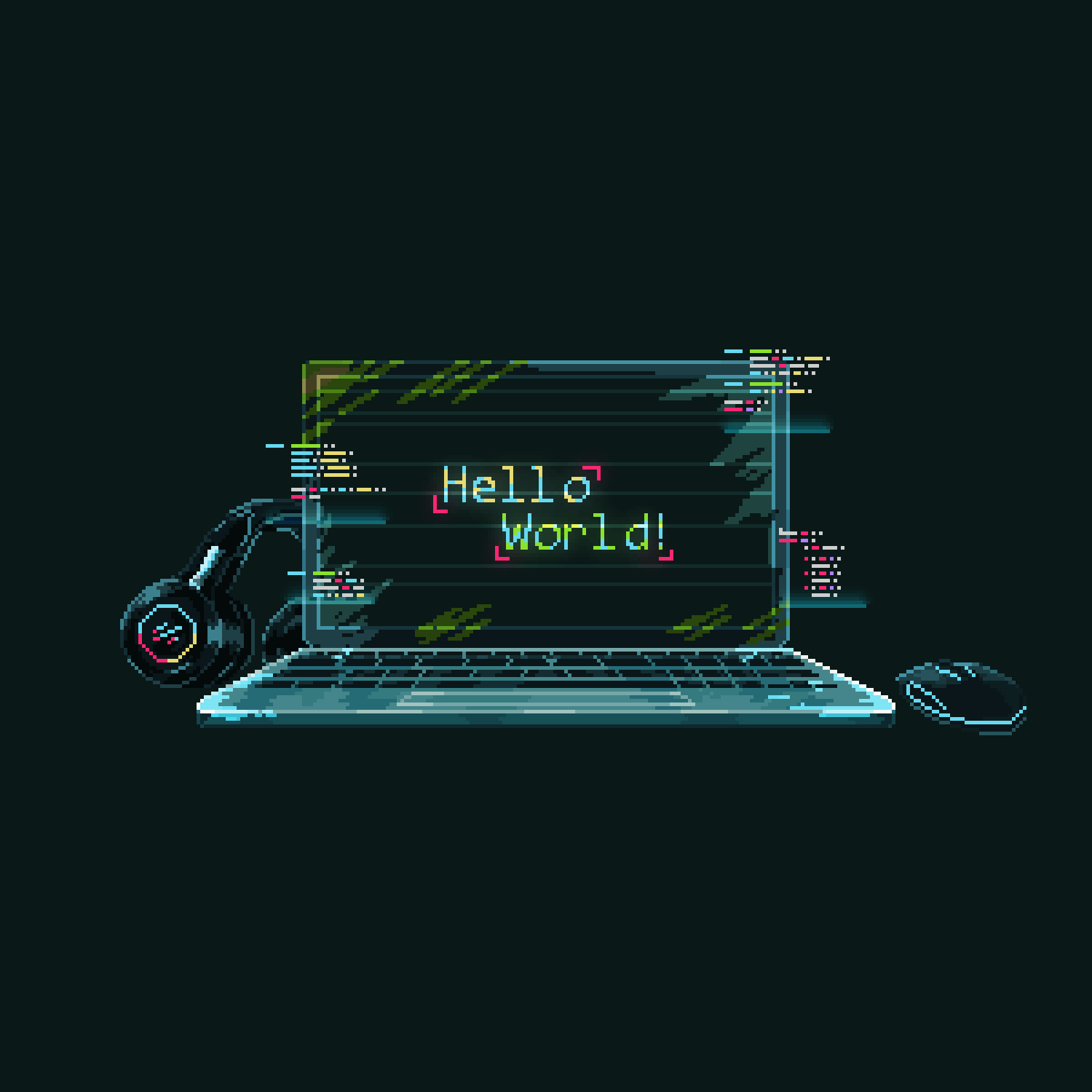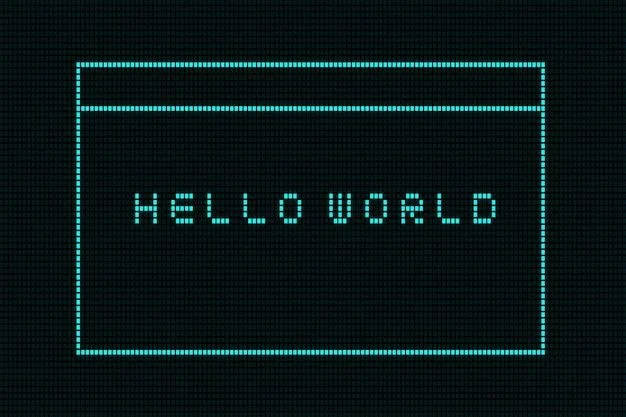Blog
Why I’m Breaking Up with AI IDEs in 2025 (And It’s Not Just Because They’re Smarter Than Me)

Stage 1: The Honeymoon Phase with My AI IDE
I remember the first time I met my AI-powered IDE. It was sleek. It was helpful. It guessed what I wanted before I even finished typing. It was like having a genie in my terminal, only this genie could write async functions, detect bugs, and remind me to close HTML tags. For a while, it was bliss. I was moving fast, delivering projects quicker than ever, and sipping on the sweet nectar of automation.
I’d write half a function, and like magic—bam!—the rest would appear. Comments? Autogenerated. Test cases? Suggested. Boilerplate code? Who even writes that anymore?
But somewhere along the way, something shifted.
Stage 2: The Identity Crisis
It hit me during a late-night session. I was debugging a payment system for a client, and Copilot (my loyal AI assistant) kept suggesting snippets that looked plausible but felt… off. Not broken, just hollow. I couldn’t tell whether I trusted the code because I understood it—or because my machine said it was okay.
And that’s when I paused and realized: I was slowly losing the thing that made me love coding in the first place.
The problem-solving.
The “aha!” moments.
The stack-tracing, rubber-duck-talking, deeply human mess of learning and unlearning.
Now it felt like I was just approving pull requests from a ghost.
Stage 3: Overreliance is a Silent Killer
Sure, AI IDEs are brilliant. But brilliance without boundaries is dangerous. They autocomplete your thoughts. They abstract everything to the point where junior developers stop asking why and just accept the what.
I’ve seen devs deploy code they didn’t even understand because the AI IDE told them it was clean. The logic looked fine. The syntax checked out. But what if the actual logic flow was flawed? What if the AI, trained on flawed human code, just made a fancier version of our past mistakes?
In short: I wasn’t coding anymore—I was curating AI hallucinations.
Stage 4: The Great Unplugging
So I decided to do the unthinkable in 2025: I turned off the AI assistant.
Yes, my productivity dipped.
Yes, I stared at blank screens longer.
Yes, I had to Google the correct syntax like it was 2016.
But also—yes, I started learning again.
I remembered what it felt like to wrestle with logic.
To build functions line-by-line, to get stuck and unstuck with nothing but my brain, my coffee, and a whisper of self-doubt.
I fell back in love with the struggle.
Stage 5: Where I Stand Now (And No, I’m Not a Luddite)
Don’t get me wrong—I’m not anti-AI. I still use AI tools for audits, documentation, and sometimes inspiration. But for core development work, I’m back to using a lightweight, no-fluff IDE that makes me think.
Because in a world where AI can write code faster than I can blink, my edge as a developer is not speed—it’s understanding.
That’s the hill I’m willing to code on.
So, Should You Ditch AI IDEs Too?
That’s up to you. If you’re just starting out, AI can help you learn faster—just don’t let it do all the thinking for you. If you’re deep into the dev world and feel like you’ve become a code-approving automaton, maybe it’s time to step back.
Reclaim your debugging scars.
Own your semicolons.
Fall in love with “undefined is not a function” all over again.
Because in the end, code isn’t just about what works. It’s about knowing why it works.
- Now tell me:
Have you ever blindly accepted AI code you didn’t understand?
What’s your personal take on AI in software development?
Drop a comment or tag a fellow dev who’s stuck in a co-dependent relationship with their AI IDE.












